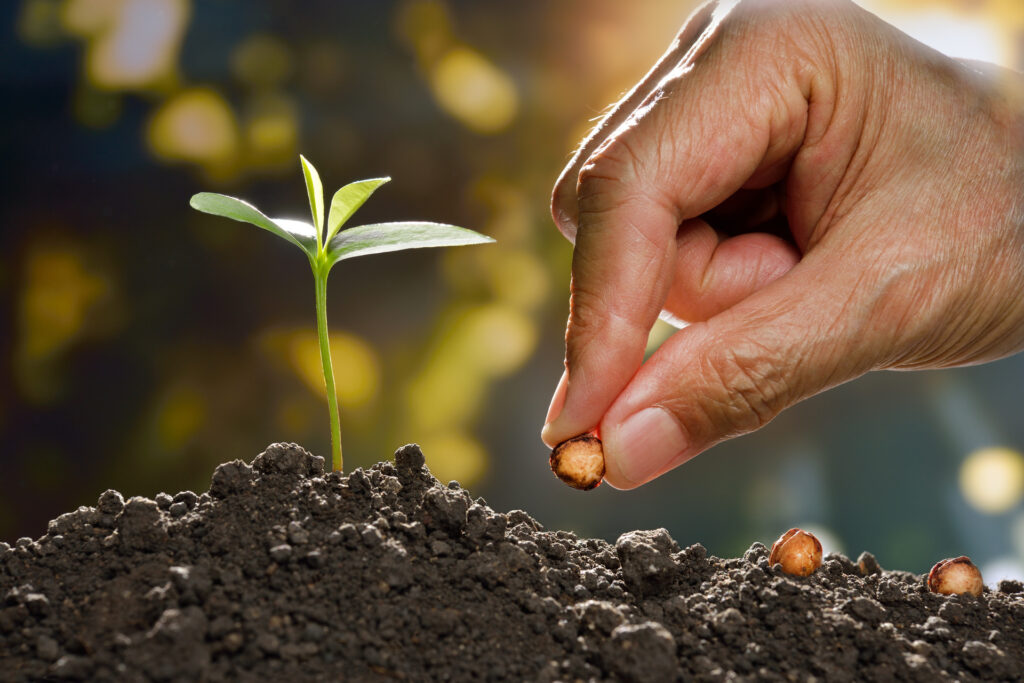by Pastor Max Gomez – Berea and Maranatha SDA Church, SC (South Atlantic Conference)

“Elijah was a human being, even as we are. He prayed earnestly that it would not rain, and it did not rain on the land for three and a half years. Again he prayed, and the heavens gave rain, and the earth produced its crops” James 5:17-18 NIV
In 2019, fresh out of Oakwood University and filled with optimism, I joined Allegheny West Conference to establish a young adult church in Columbus, OH. We envisioned pioneering a new era for the church. However, the arrival of 2020 and the COVID-19 pandemic brought a stark reality check. Before I could transform the city, I needed to navigate the basics—like mastering a board meeting. Three years in, our church plant struggled; it seemed more a drain on resources than a fruitful endeavor, given the financial equation of two full-time pastors and insufficient tithes. Logic might have suggested giving up, as perhaps the figures in James 5:17-18 might have considered.
However, James 5 also brings to light another group—those unnamed but vital to the narrative. My homiletics professor, Pastor Snell, always said we must wrestle with the text, and so I did, until an epiphany struck: If crops grew as Elijah prayed, seeds must have been sown. Farmers kept tilling and sowing in dry soil, holding onto belief in eventual rain.
This persistence is reflective of our current ministry. Statistically, we face a drought: minimal growth, an aging workforce, and dwindling pastoral candidates from our educational institutions. Yet, this is no mere professional dry spell; many experience personal and familial droughts as well.
Why sow in such times? Seeds lie dormant in droughts, not wasteful but waiting. From a practical viewpoint, droughts seem a poor time to plant. But spiritually, they are perfect: the ground is ready, even if the weather is not. Farmers understood—they sowed not out of certainty, but from a vision of abundance. They saw beyond the drought.
Seeds stored yield nothing; seeds planted can thrive. Planting in a drought is an act of faith, a declaration of trust not in the seed or soil, but in the future rain. We cannot control when the harvest comes, but we can ensure our fields are ready.
Galatians 6:9 reminds us, “And let us not be weary in well doing: for in due season we shall reap, if we faint not.” In God’s kingdom, there’s a fifth season: Due Season, which only comes if we’ve first sown in the drought. Sometimes, God’s droughts are opportunities to prepare for immense blessings.
So, despite the past barren years—and to those absent during those times but eager to celebrate future abundance—I offer this: the laws of sowing ensure we reap what, where, and much more than we sow, but only if we have the vision to see beyond the present drought.
Whether facing spiritual droughts or societal challenges, the act of sowing seeds today prepares us for the harvests of tomorrow. Keep sowing, and trust that the rain—and the harvest—will come.
Two simple words encapsulate our call: Keep Sowing.
